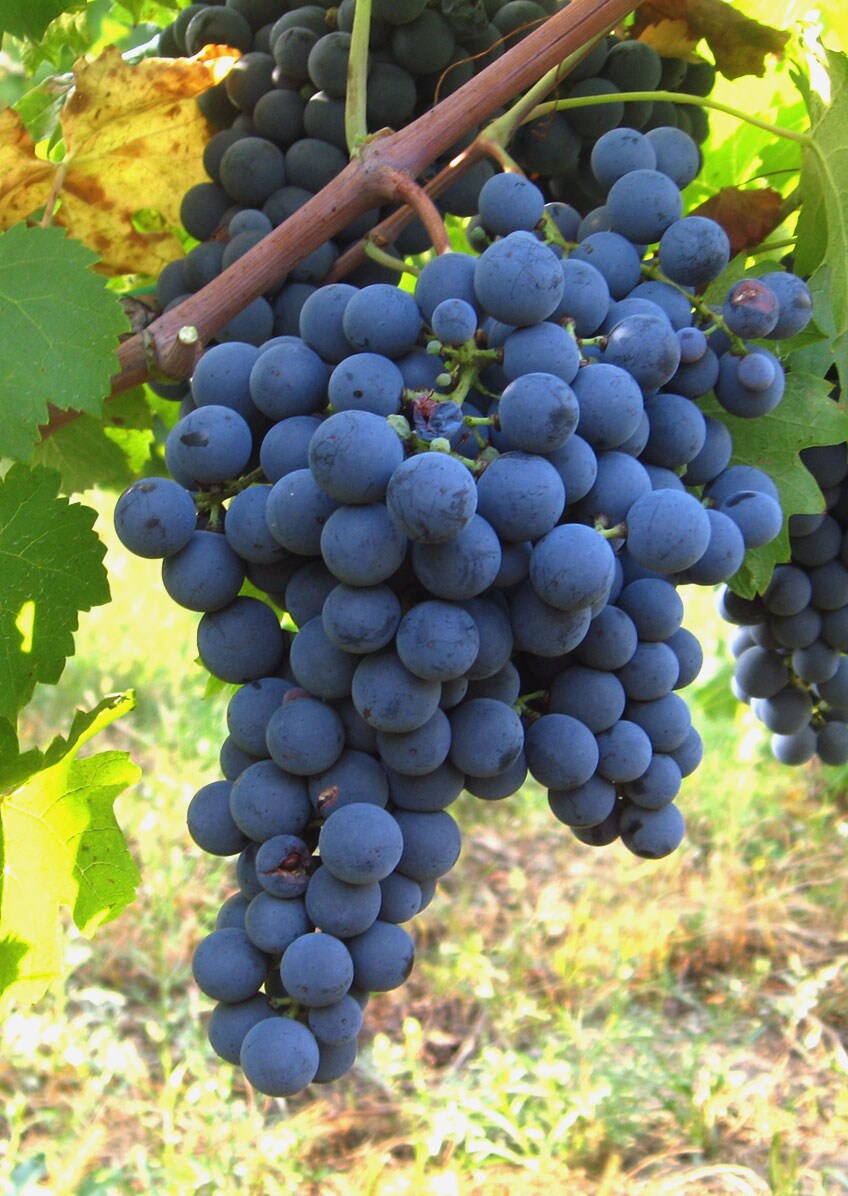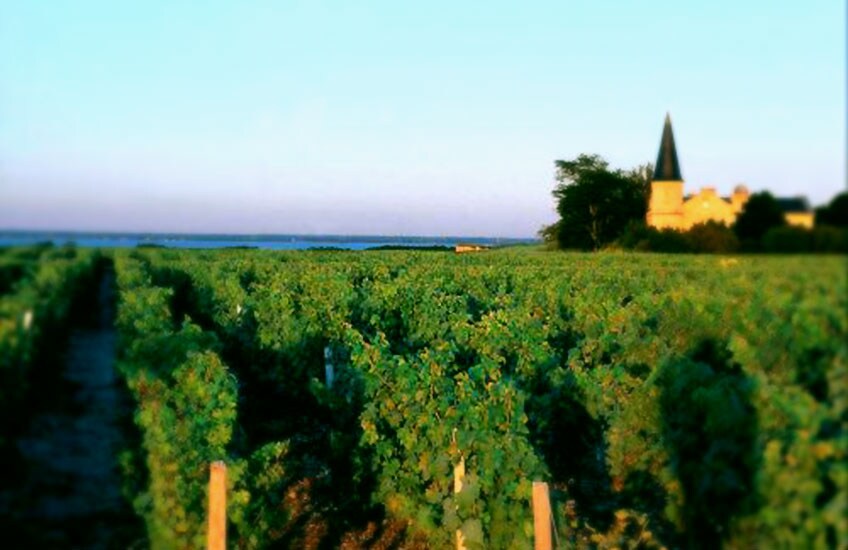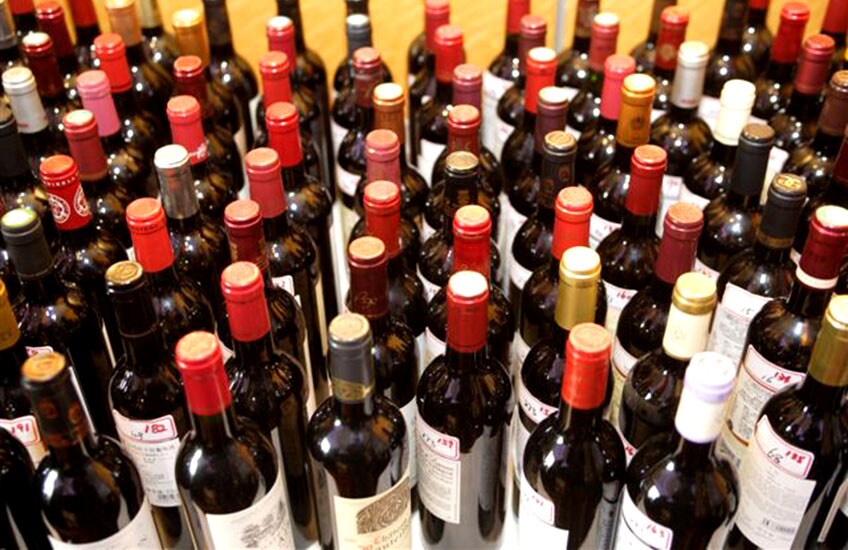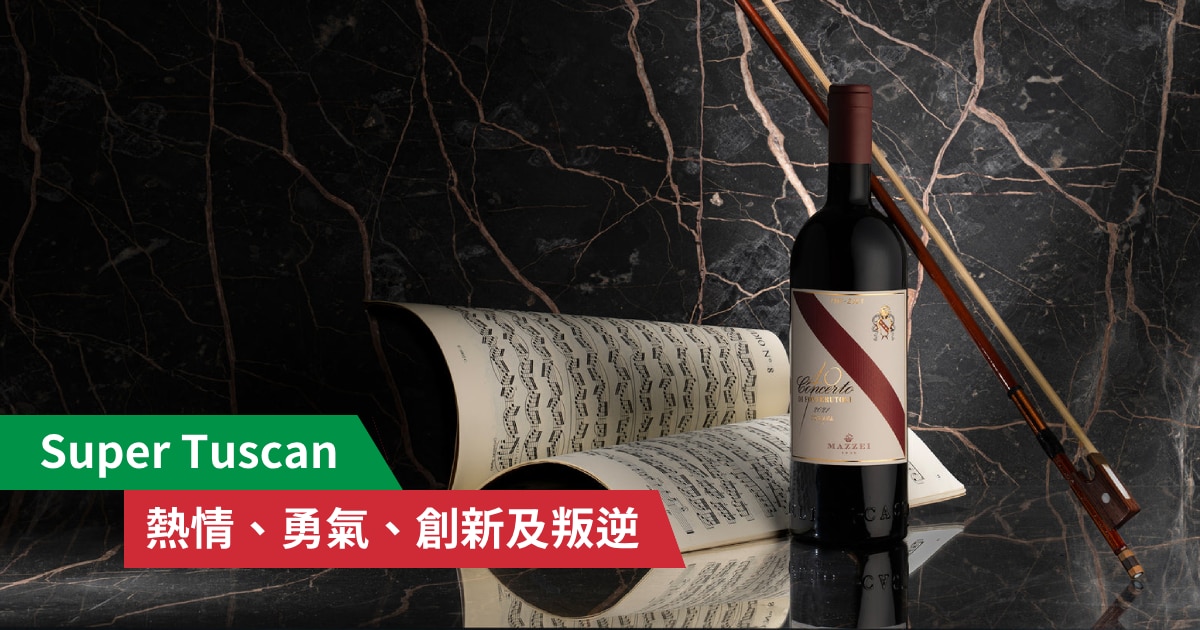Spend $1200 more to enjoy Free Delivery.

Advanced Search





Bordeaux

Bordeaux is the most famous wine region in France, and within this region, Medoc is the most important district. A sub-district, the Haut Medoc, is home to the illustrious communes of Margaux, St Estephe, St Julien and Pauillac. Though the wines of each commune show their own distinct style, it is here that the top-tier wines, the five levels of "grand cru classe" or "classed growths" are situated. In this part of Bordeaux, known as the LEFT BANK, the dominant grape variety is Cabernet Sauvignon, usually blended with Merlot and Cabernet Franc, and a little Malbec and Petit Verdot.
St Estephe, the most northerly of the districts, produces powerful, masculine wines deep in colour and bursting with blackcurrant flavours. Merlot is blended with Cabernet Sauvignon to give the wines an attractive softness, while still being long-lived and full-bodied. They finish with a lightly acidic note, given that the climate is a little cooler than in more southern districts.


A high proportion of the Medoc's most concentrated wines come from Pauillac, which is separated from St Estephe by little more than a stream. It has the honour of being home to three of the wine world's most famous chateaux: Latour, Lafite and Mouton Rothschild, and has the potential to grow the highest-quality Cabernet Sauvignon.
Softer, perfumed, more feminine styles of wine are typical of Margaux, the most southerly appellation of the Medoc. The wines are deep ruby in colour with good structure and concentration - but show a silkier texture. This district is home to the mighty first growth, Chateau Margaux. With its wines lying somewhere between masculine and feminine, St Julien offers some of the most reliable, good-value wines in Bordeaux, producing blends of Cabernet Sauvignon and Merlot with great aging ability and good depth of colour.
The top white wines of Bordeaux are produced in the Graves district immediately south of the city, in the appellation known as Pessac-Leognan, though it also produces some stunning reds such as those of Chateau Haut Brion. The whites are a blend of Semillon and Sauvignon Blanc - rich, minerally wines with lively acidity.

Also important in this district is Sauternes - famous across the globe for its sweet white wines which command very high prices. A similar blend of Sauvignon Blanc and Semillon, the greatest wines are produced when, at the point of achieving optimum ripeness, the grapes are affected by botrytis ("noble rot"). This fungus causes the grapes to shrivel and lose moisture, which serves to concentrate sugar content, while developing unique and attractive flavours in a great balance with firm acidity contributed by Semillon.
On the RIGHT BANK of the Dordogne River, Merlot and Cabernet Franc plantings dominate over Cabernet Sauvignon. These varieties are what might be termed "softer" grapes with generous fruit aromas and flavours, and less tannin. This tends to mean the wines are attractive when young, though they can also mature into something mellow yet complex. The largest and most important district is St Emilion, and top wines from this part of Bordeaux are classified as St Emilion Grand Cru Classe or Premier Grand Cru Classe. Neighbouring it is Pomerol, a small, but distinctive district which is home to such sought-after labels as Chateau Petrus and so-called micro-chateaux like Le Pin.
Other key districts on this Bank, usually offering good value for money, are Fronsac, Cotes de Castillon, Cotes de Bourg, and Cotes de Blaye.


 Express Click & Collect
Express Click & Collect


















